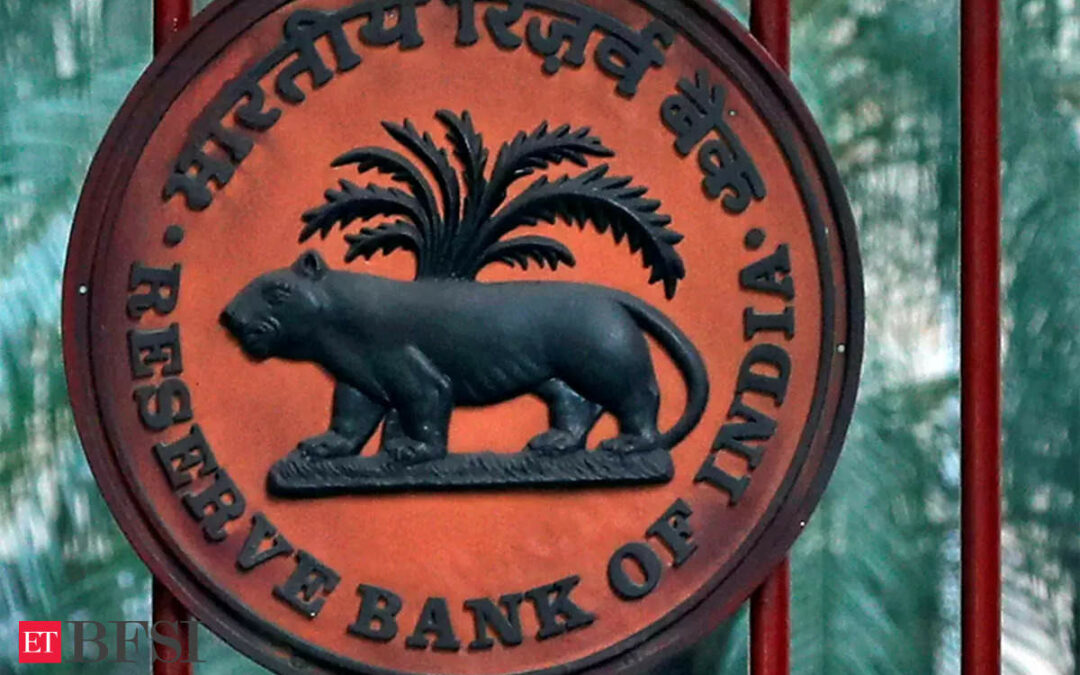The Reserve Bank of India (RBI) has asked banks to give borrowers at least three weeks to respond before tagging them as fraud accounts. The regulator has also said the decision conveyed to the borrower must contain their submission and reasons for classifying the account as fraud.
On Monday, RBI issued a revised master directive on fraud risk management following a Supreme Court judgement which said that banks should adhere to the principles of natural justice and cannot unilaterally declare an account as fraud without providing defaulters with the right to be heard.
The central bank stated that the revised guidelines will also apply to regional rural banks, rural cooperative banks and housing finance companies.
Banks will now need to issue a show cause notice (SCN) with complete details of the fraudulent transactions. They must have a well-planned system for issuing SCNs and examining responses by persons or entities before declaring an account as fraud. The RBI also stated that lenders must give the person or entities on whom the SCN is issued a ‘reasonable time’ of not less than 21 days to respond.
The regulator also said that lenders should issue a ‘reasoned order,’ which should contain the relevant facts and circumstances relied upon, the submission made against the SCN, and the reasons for classification as fraud or otherwise.
A board-approved policy on fraud risk management should be reviewed once every three years. The board of each bank must constitute a special committee to monitor fraudulent cases. The committee should be headed by an independent or non-executive director and have at least three members, comprising a whole-time director and a minimum of two independent directors.
The committee should analyse the root cause and suggest mitigating measures to strengthen the internal controls and risk management framework and minimise the incidence of fraud. For credit facilities classified as red-flagged accounts, banks should appoint an external or internal auditor for further investigation.
RBI said banks should enter into contractual agreements with the auditors, which should contain suitable clauses on the timeline for completing the audit and submitting the audit report to the bank within a specified time limit, as approved by the board.
The loan agreement with the borrower should contain clauses for the conduct of such audit by lenders if the account is red-flagged. In cases where the audit report submitted remains inconclusive or is delayed due to non-cooperation by the borrower, banks shall conclude on status of the account as a fraud or otherwise based on their own internal investigation.
The revised guidelines also contain a framework on Early Warning Signals (EWS) and Red-Flagging of Accounts (RFA). They include details on ways to strengthen further early detection and prevention of fraud by regulated entities and timely reporting to law enforcement agencies and supervisors.











